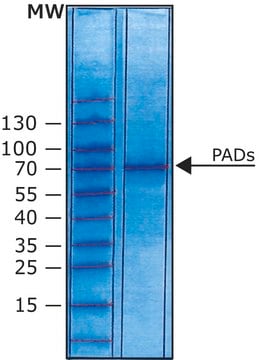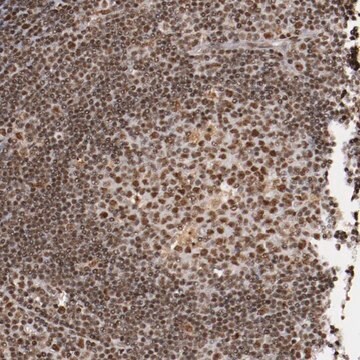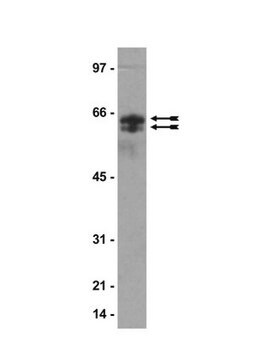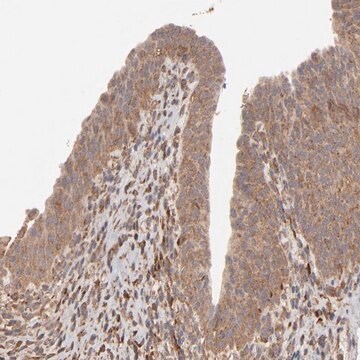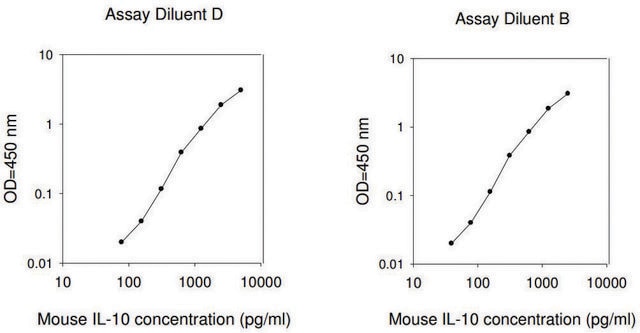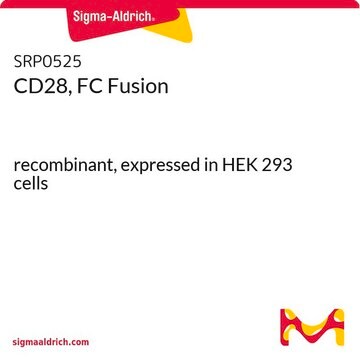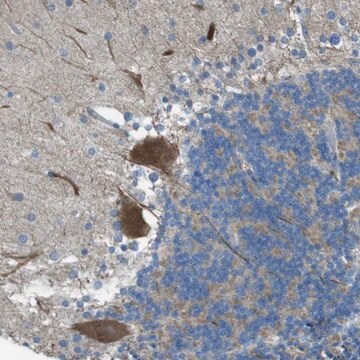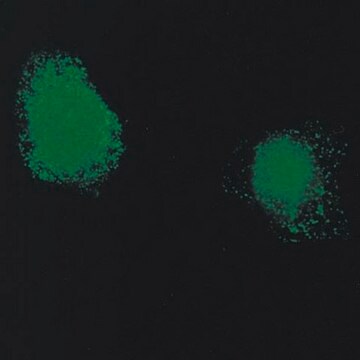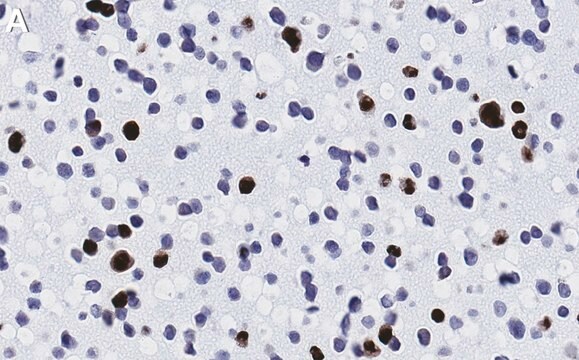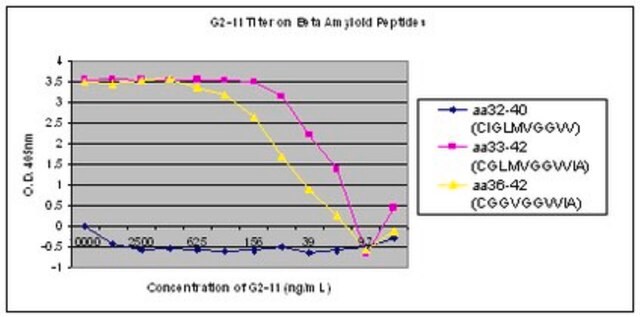HPA020099
Anti-PLCG2 antibody produced in rabbit
Prestige Antibodies® Powered by Atlas Antibodies, affinity isolated antibody, buffered aqueous glycerol solution, Ab1
Synonym(s):
Anti-1-phosphatidylinositol-4,5-bisphosphate phosphodiesterase gamma-2, Anti-PLC-IV, Anti-PLC-gamma-2, Anti-Phosphoinositide phospholipase C, Anti-Phospholipase C-gamma-2
About This Item
Recommended Products
biological source
rabbit
conjugate
unconjugated
antibody form
affinity isolated antibody
antibody product type
primary antibodies
clone
polyclonal
product line
Prestige Antibodies® Powered by Atlas Antibodies
form
buffered aqueous glycerol solution
species reactivity
human
technique(s)
immunoblotting: 0.04-0.4 μg/mL
immunofluorescence: 0.25-2 μg/mL
immunohistochemistry: 1:50-1:200
immunogen sequence
TKENNMKYWEKNQSIAIELSDLVVYCKPTSKTKDNLENPDFREIRSFVETKADSIIRQKPVDLLKYNQKGLTRVYPKGQRVDSSNYDPF
1 of 4
This Item | MAB8052 | ZMS1110 | MABN12 |
|---|---|---|---|
| species reactivity human | species reactivity human | species reactivity adenovirus-infected cells | species reactivity human, mouse |
| antibody form ascites fluid | antibody form purified immunoglobulin | antibody form purified antibody | antibody form purified immunoglobulin |
| clone 2/6, monoclonal, 20/11, monoclonal | clone 20/11, monoclonal | clone 20/11, recombinant monoclonal | clone G2-11, monoclonal |
| technique(s) ELISA: suitable, immunohistochemistry (formalin-fixed, paraffin-embedded sections): suitable, immunofluorescence: suitable | technique(s) ELISA: suitable, flow cytometry: suitable, immunofluorescence: suitable, immunohistochemistry (formalin-fixed, paraffin-embedded sections): suitable | technique(s) flow cytometry: suitable, immunocytochemistry: suitable, immunohistochemistry (formalin-fixed, paraffin-embedded sections): suitable | technique(s) ELISA: suitable, immunohistochemistry: suitable, western blot: suitable |
| shipped in wet ice | shipped in wet ice | shipped in ambient | shipped in wet ice |
General description
Immunogen
Application
The Human Protein Atlas project can be subdivided into three efforts: Human Tissue Atlas, Cancer Atlas, and Human Cell Atlas. The antibodies that have been generated in support of the Tissue and Cancer Atlas projects have been tested by immunohistochemistry against hundreds of normal and disease tissues and through the recent efforts of the Human Cell Atlas project, many have been characterized by immunofluorescence to map the human proteome not only at the tissue level but now at the subcellular level. These images and the collection of this vast data set can be viewed on the Human Protein Atlas (HPA) site by clicking on the Image Gallery link. We also provide Prestige Antibodies® protocols and other useful information.
Biochem/physiol Actions
Features and Benefits
Every Prestige Antibody is tested in the following ways:
- IHC tissue array of 44 normal human tissues and 20 of the most common cancer type tissues.
- Protein array of 364 human recombinant protein fragments.
Linkage
Physical form
Legal Information
Disclaimer
Not finding the right product?
Try our Product Selector Tool.
Storage Class Code
10 - Combustible liquids
WGK
WGK 1
Certificates of Analysis (COA)
Search for Certificates of Analysis (COA) by entering the products Lot/Batch Number. Lot and Batch Numbers can be found on a product’s label following the words ‘Lot’ or ‘Batch’.
Already Own This Product?
Find documentation for the products that you have recently purchased in the Document Library.
Our team of scientists has experience in all areas of research including Life Science, Material Science, Chemical Synthesis, Chromatography, Analytical and many others.
Contact Technical Service